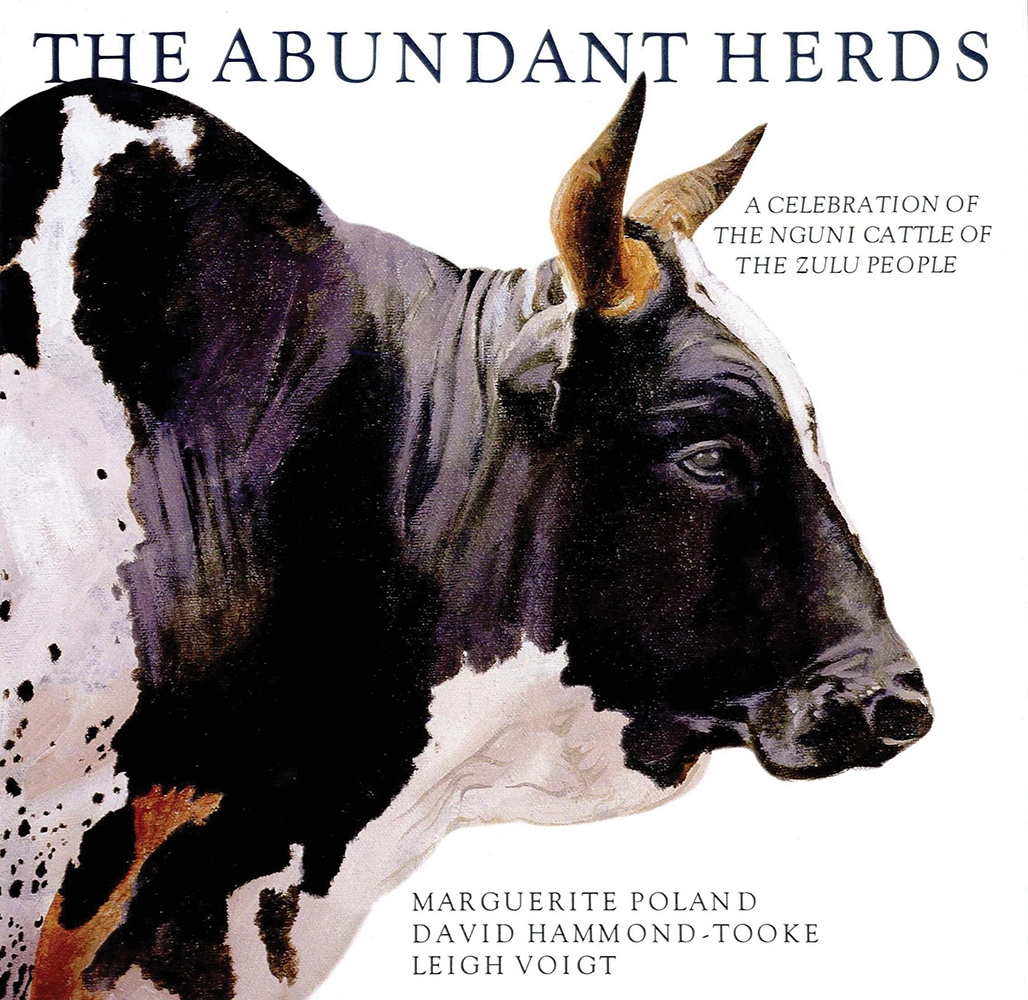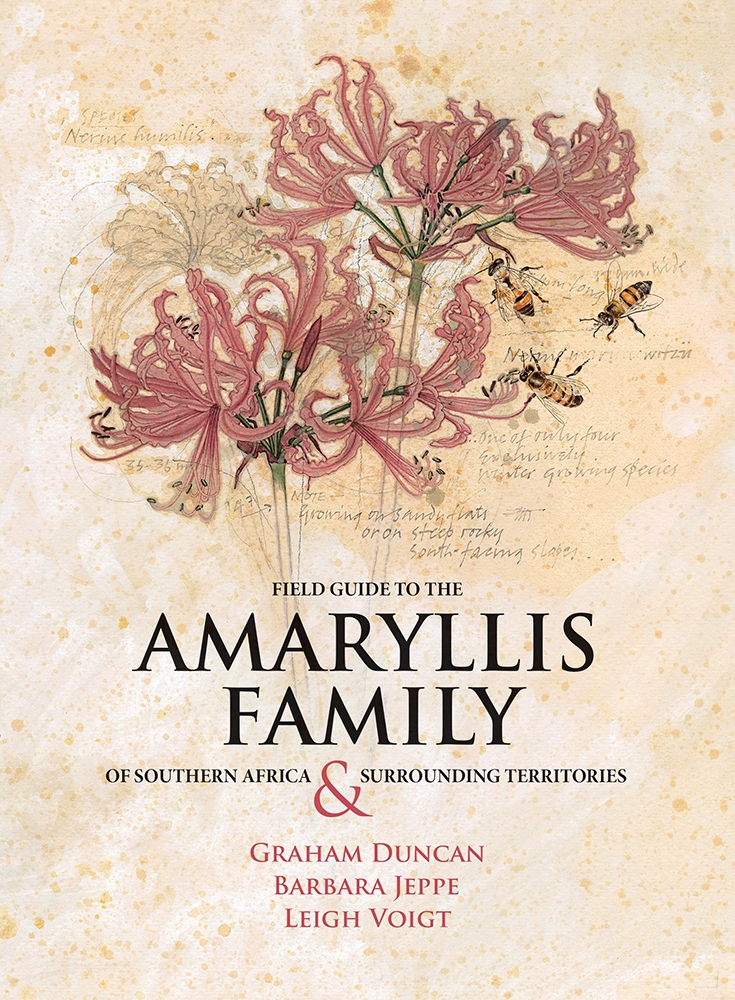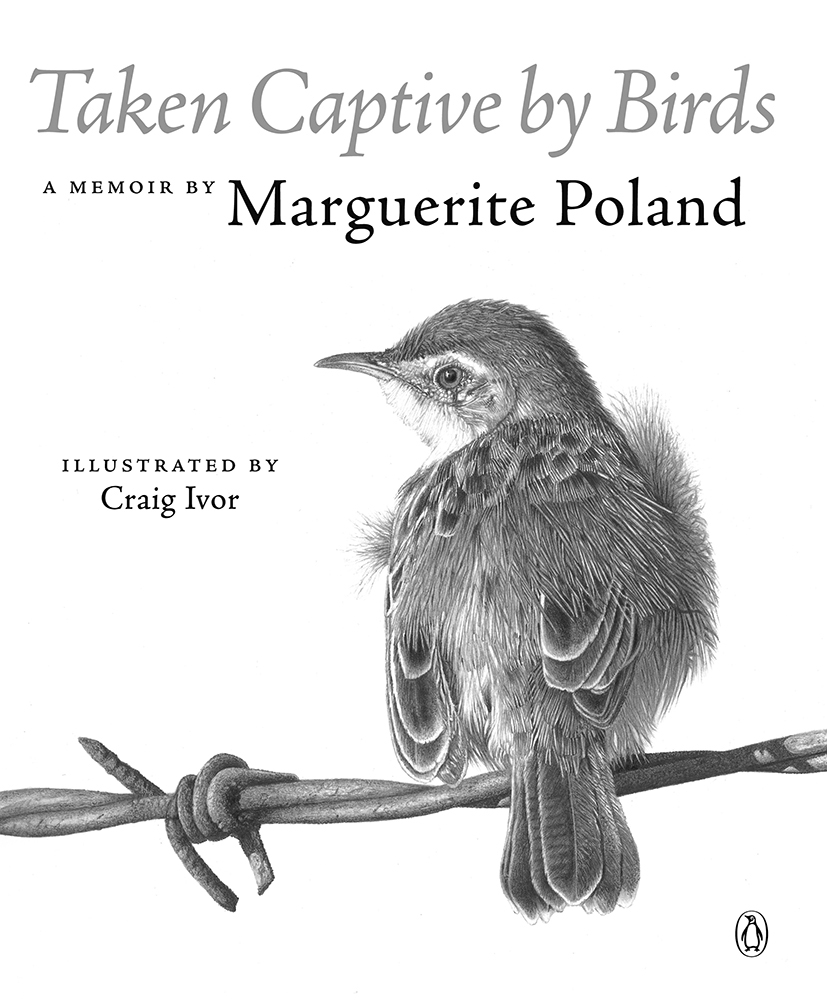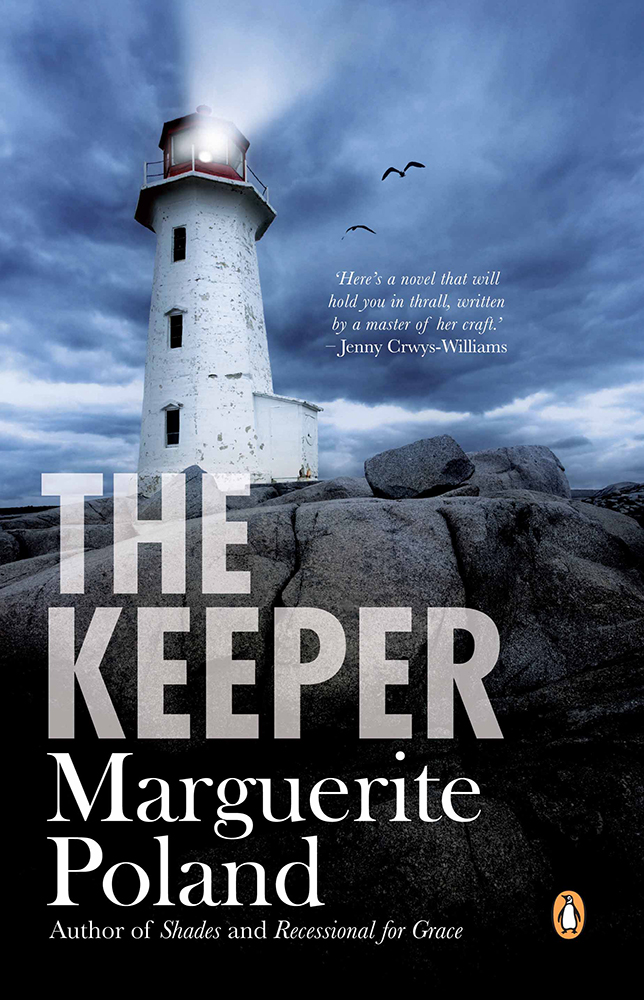The abundant herds. A celebration of the Nguni cattle of the Zulu people, by Marguerite Poland and David Hammond-Tooke
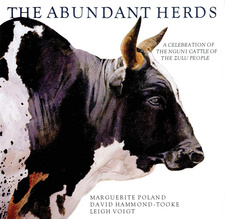
The abundant herds. A celebration of the Nguni cattle of the Zulu people, by Marguerite Poland and David Hammond-Tooke. Fernwood Press, Cape Town, South Africa 2003. ISBN 9781874950691 / ISBN 978-1-874950-69-1
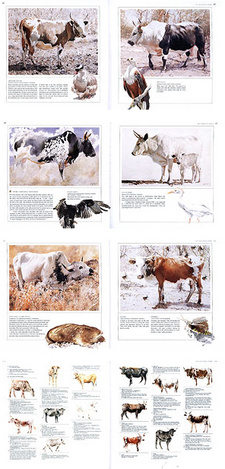
The abundant herds, by Marguerite Poland and David Hammond-Tooke. Fernwood Press, Cape Town, South Africa 2003. ISBN 9781874950691 / ISBN 978-1-874950-69-1
The abundant herds: A celebration of the Nguni cattle of the Zulu people, by Marguerite Poland and David Hammond-Tooke, is about human creativity - not the creativity of the plastic arts, or of music, but rather that of the poet, the wordsmith.
The abundant herds: A celebration of the Nguni cattle of the Zulu people, by Marguerite Poland and David Hammond-Tooke gives an overview of the history of Nguni cattle and their economic, social, political and spiritual importance to the Zulu people, both past and present. With oil and watercolour paintings, and sepia drawings by internationally acclaimed artist, Leigh Voigt, it examines the vital role played by cattle and cattle-related imagery in the oral tradition of the Zulu people. Cattle have become a part of the spiritual and aesthetic lives of the people, which has given rise to a poetic and complex naming practice. The fine and subtle nuance of the Zulu language captures the delicate interrelationship between cattle terminology and the natural world, where the colour and pattern of a hide, or the shape of a pair of horns, is metaphorically linked to images in nature. While these terms form the core of a fascinating system of classification, cattle imagery also abounds in Zulu oral history and poetry; in tales, proverbs, riddles and the 'praises' of individual beasts, celebrated by their owners for their fertility, their vigour and their character, and which subtly reflect the changing fortunes and social concerns of the Zulu people. Although cattle terms continue to be used today among peasant farmers in rural communities throughout Africa, for the younger generation, the urban dweller, this knowledge is fast fading. Despite the resurgence of interest in the economic importance of Nguni cattle in South Africa today, there is a real danger that a precious branch of indigenous knowledge will ultimately disappear. The aim of this work is not only to record something of this heritage for posterity, but also to celebrate the creative imagination and linguistic versatility of the Zulu people. It is a striking example of the way in which illiterate subsistence farmers in southern Africa were moved to express their feelings, both about the value of their cattle, and their aesthetic responses to the grace and beauty of these animals. There is a pithy Afrikaans saying: Wat die hart van vol is loop die mond van oor (What fills the heart is [also] spoken about). This indeed goes to the heart of the matter. The Zulu, like other South African Bantu-speakers, have chosen to define and classify their cattle through an extensive terminology that often, in striking metaphor, captures their individuality in images both apt and memorable. In creating a book of this nature, dedicated to a celebration of a significant aspect of Zulu aesthetics, there is the obvious danger of being accused of anachronism, of painting a sentimental and nostalgic picture of a golden age, long past. This charge is only partly accurate. Cattle terms are still used among peasant farmers although, for the younger generation and those not engaged in husbandry, knowledge of the terms is slowly fading. There is a real danger that a precious branch of indigenous knowledge will ultimately disappear. One aim of this book is to preserve this heritage for posterity. The second aim is to contribute to an appreciation of the creative imagination and linguistic versatility of the Zulu. It is clear that cattle terminology forms part of the total way in which the Zulu think about their world. It therefore belongs to the stock of indigenous knowledge that allowed a people to cope effectively with the harsh realities of pre-colonial southern Africa. It is essentially a form of classification, and therefore of understanding and control. [...]
This is an excerpt from: The abundant herds. A celebration of the Nguni cattle of the Zulu people.
Title: The abundant herds
Subtitle: A celebration of the Nguni cattle of the Zulu people
Authors: Marguerite Poland; David Hammond-Tooke
Illustrations: Leigh Voigt
Publisher: Fernwood Press
Cape Town, South Africa 2003
ISBN 9781874950691 / ISBN 978-1-874950-69-1
Hardcover, dustjacket, 29 x 28 cm, 144 pages, throughout colour and bw-photographs
Poland, Marguerite und Hammond-Tooke, David und Voigt, Leigh im Namibiana-Buchangebot
The abundant herds. A celebration of the Nguni cattle of the Zulu people
The aim of "The abundant herds - A celebration of the Nguni cattle of the Zulu people" is to record a part of this unique South African heritage for posterity.
Field Guide to the Amaryllis Family of Southern Africa and Surrounding Territories
Field Guide to the Amaryllis Family of Southern Africa and Surrounding Territories.
Taken captive by birds
Taken Captive by Birds is a collection of Marguerite Poland’s discovery of birds in young years and the role they have played in her life.
The Keeper
The Keeper is the story of two generations of duty obsessed lighthouse keepers spending their lives in frightening isolation.
Iron love
Boys at a colonial school in South Africa just before the onset of World War I are governed by unstated commandments: silence, denial and not failing at football.
Shades
'Shades' is a novel of huge integrity that represents a valuable contribution to a new direction in contemporary South African literature.

